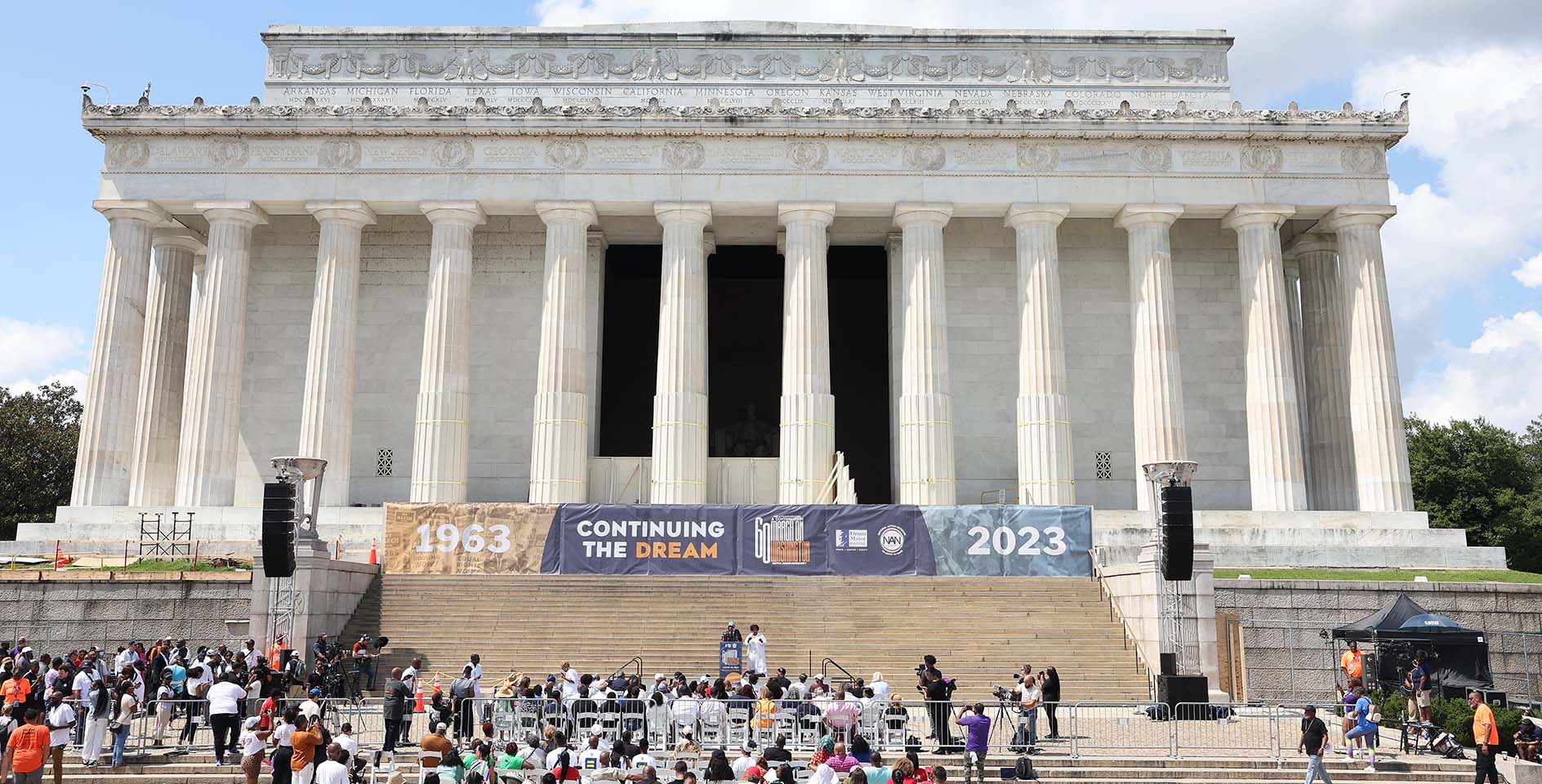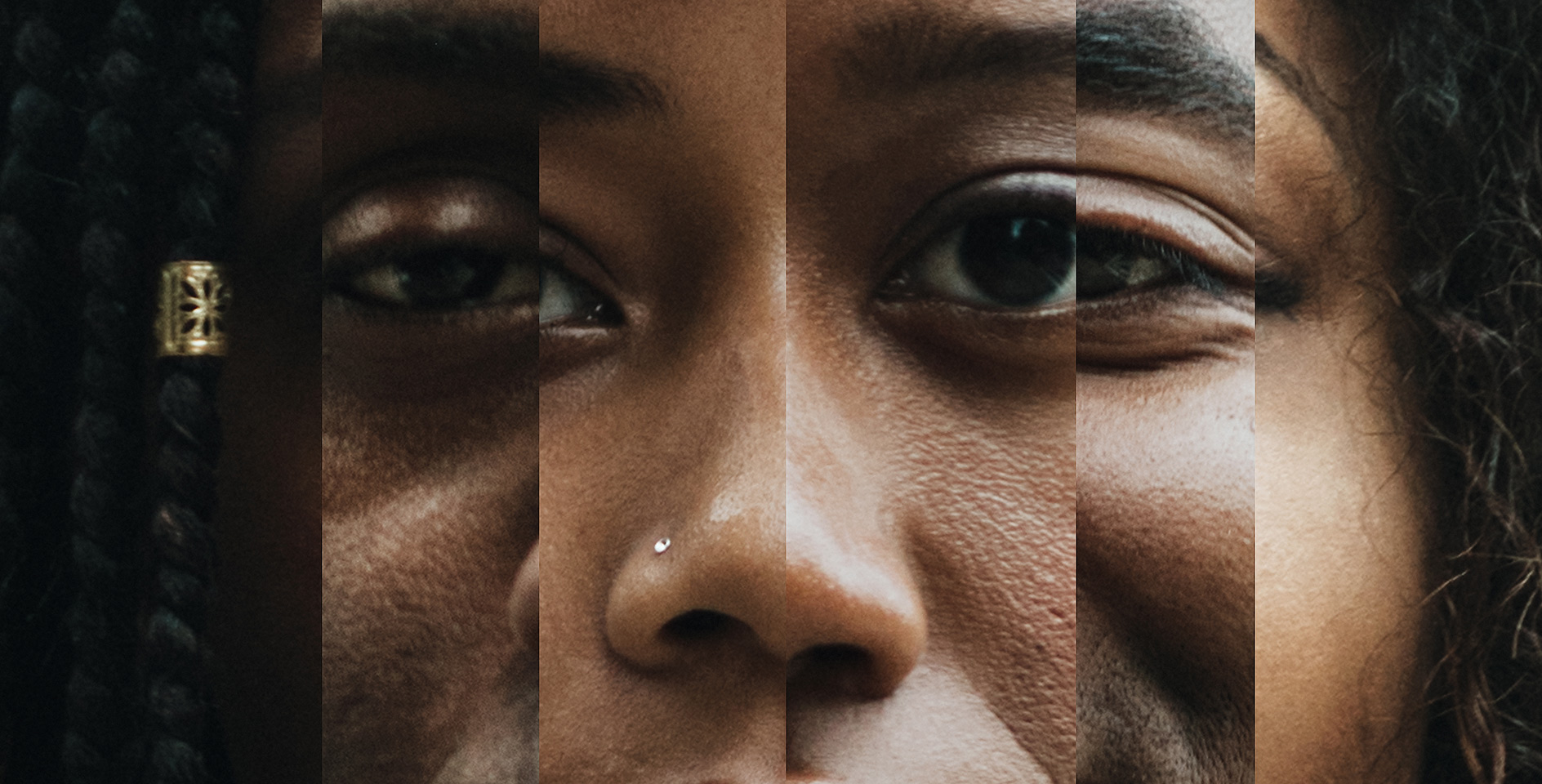Greek philosopher Heraclitus of Ephesus is quoted as saying, “Change is the only constant in life.” And indeed, the idea of change is one of the key themes of the new film, Loving, from writer/director Jeff Nichols.
A quiet, steady love
Loving is the true story of Richard and Mildred Loving, an interracial couple living in 1950’s Virginia. As the film begins, Mildred, an African-American woman, informs Richard, a white man, that she’s pregnant with their child. Soon after, he proposes marriage. But before the nuptials, we see a couple deeply in love with one another. We see it in subtle looks and small gestures. They are a quiet, reserved couple, easy to root for. They love their families, they enjoy spending time at drag races and have fun with their friends on the weekends in a small community where many of the white and black people spend time together without a second thought.
Richard is a simple, hard-working man who loves Mildred. He takes her to Washington, D.C., where interracial marriage is legal, and the two are wed in a small ceremony in 1958. Only a few weeks after their return home to Virginia, police break open their door in the middle of the night, pulling the pair out of bed and arresting them for violation of the state’s marriage law. Richard spends the night in jail, but Mildred ends up having to spend several nights behind bars. Soon after the ordeal, they go before the judge. To avoid significant jail time, the Lovings plead guilty and are forced to move away from Virginia. They leave friends, family and the only community either of them had ever known.
Everything then changes for the Lovings. They moved to the city, when they’d much rather live back home in the country. They begin having children. The Civil Rights movement is in full swing with marches happening just down the street. Certainly the times are changing, but the Loving's situation is not.
A pair of unlikely heroes
After receiving advice from a cousin, Mildred decides to write a letter to Attorney General Robert Kennedy explaining their situation. To her amazement, he responds, recommending their case to the American Civil Liberties Union (ACLU). Soon after, Mildred receives a call from the ACLU asking to meet. Ultimately, they agree to take on the Loving's case at no cost to them. The ACLU lawyers, Bernard Cohen and Philip Hirschkop, try to have the original ruling against the Lovings reversed. They are unsuccessful. But because of that, they are now able to take the Loving’s case all the way to the United States Supreme Court.
When asked by one of his attorneys what he wants the court to know, Richard Loving simply says, “Tell the judge I love my wife.” That statement is simple and basic, yet profound coming from an earnest man of few words.
It’s no spoiler to say that the Supreme Court ultimately sides with the Lovings. Indeed, it’s a landmark ruling that changes the situations and lives of many people in this country. And it provides the Lovings long overdue justice, as well as the opportunity to finally move back to their home in Virginia.
A story of hope
Loving is not your typical crowd-pleaser movie in the traditional sense. Its pace is slow and measured. The sweet beauty of this film lies in the fact that director Nichols prefers restraint and subtlety over loud, exciting moments. To play it any other way would betray who the Lovings actually were as a couple. They elect not to attend the trial. They don’t like the attention and the spotlight. They love each other, their family, and they simply want to be able to live in peace.
Determining to affect social change was never a part of the Loving’s agenda, but perhaps their quiet faithfulness allowed for them to become agents of change.
It would be a mistake not to mention the phenomenal acting in this film. Joel Edgerton, who portrays Richard, completely embodies the hulking man with poor posture and a thick accent. Ruth Negga’s subtle and grounded performance shows off the quiet beauty that makes us root for Mildred. And through these characters’ eyes, we see everything in their world change, yet the one constant through it all is each other.
This quiet, romantic film rooted in love could not have come at a better time—when we see so much division in our country. Many in our history, and even still today, have twisted scripture in such a way as to discourage or outright condemn interracial marriage. This is wrong.
In her Christianity Today review of the film, Kristen O’Neal says, “Different people coming together is one of the most beautiful legacies of the gospel.” This isn’t just a fun fact for my interracially married friends. This is a heavenly notion. And while change can be difficult, as believers, we have a great hope— a hope that Jesus is actively changing things for the better. Indeed, he is making all things new.










